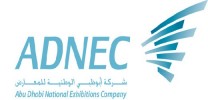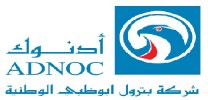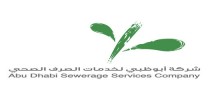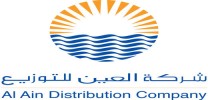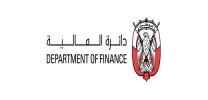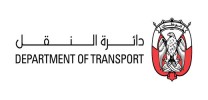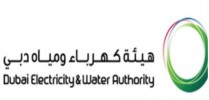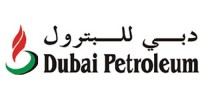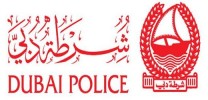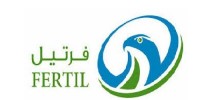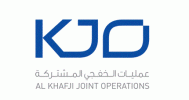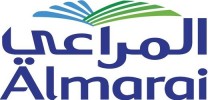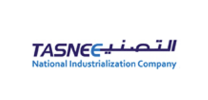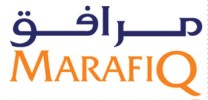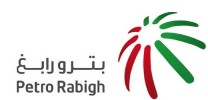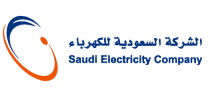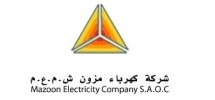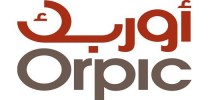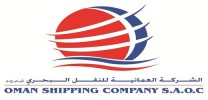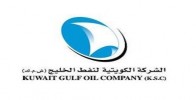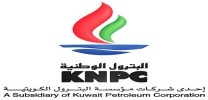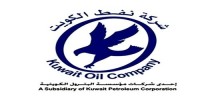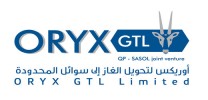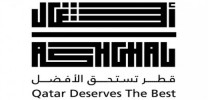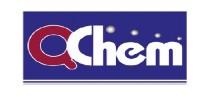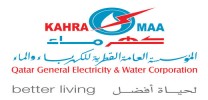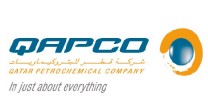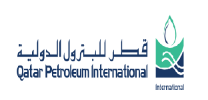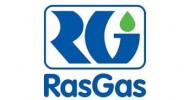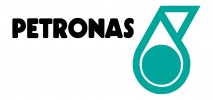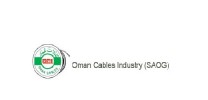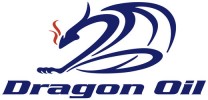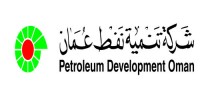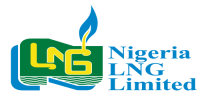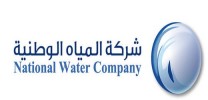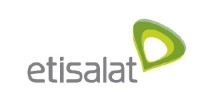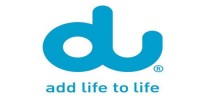
Advanced Process Hazard Identification, Analysis Methods and Techniques (HAZOP, What-if, FMEA)
Course Introduction:
The course includes interactive workshops, allowing team members to act as HAZOP Facilitators & Scribes using standard process examples or the clients' own examples. This course can also be modified to allow on-site facilitation of a PHA by our HAZOP Team Leader where the client's trained facilitators can observe how we facilitate. Process Modifications or Pre-Development Reviews facilitation can be provided. Course certificates that indicate the training modules covered, and which can be used to document employee training and competency as per OSHA requirements, are issued to persons who complete the course.
Course Objectives:
Upon successful completion of this course, the delegates will be able to:
- Obtain an understanding of the concepts of PHA and of the major techniques for hazard identification
- Obtain an understanding of the responsibilities involved in PHA leadership and training in the skills necessary for leading PHA studies
- Develop the knowledge and experience to perform Process Hazard Analysis in compliance with OSHA’s standard on Process Safety Management of Highly Hazardous and Explosive Chemicals.
- Use process hazard analysis methods
- Understand the Hazard and Operability (HAZOP) study methodology, team leadership and execution
- Apply techniques for Hazard Identification and Analysis that includes check-lists, risk profiling, HAZOP, FMEA and Task-Based Risk Assessment
Who Should Attend?
This course is intended for PHA team leaders/facilitators, PHA participants, process safety coordinators, HSE technical personnel, maintenance personnel, process engineers involved in design and modification and anyone who needs to learn how to apply HAZOP, what-if, and checklist analyses to any process or system in industries such as chemical, petroleum, pulp and paper, explosives, mining, iron and steel, pharmaceuticals, and consumer products.
Course Outline:
Day 1:
Risk Concepts & Introduction to Products Hazards Analysis
Basic groundwork on HAZOPs, including recommended reporting methods, tracking, resolutions as well as HAZOP variations:
Ø Concepts of risk and risk terminology
Ø Regulatory developments governing the process industry:
o OSHA PSM (29 CFR 1910 .119),
o EPA RMP Rule (40 CFR Part 68),
o EPA Clean Air Act,
Legislation in U.S.A., U.K and EU
Ø Hazards identification methodologies and techniques
Ø Process Hazards Analyses - How, When, Why
Ø Do's and Don'ts and how to avoid traps
Regulatory developments/legislative trends to control risk
Industrial incidents of major significance
Day 2:
Hazards Identification Methodologies
Investigating WHAT to do WHEN, with respect to the different processes, focusing on HAZOP and What If/Checklist variations, process modifications, procedural HAZOP and examples:
Ø Methodologies and their uses
Ø HAZOP - Guide Word and Knowledge Bases plus pitfalls of HAZOP,, avoiding traps and enhancing productivity
What IF/Checklist plus preparation of checklists
Ø FMEA application and execution
Ø Preliminary Hazards Analysis: application and execution
Choice of hazards identification technique
Revalidation of PHAs for OSHA 1910.119
Day 3:
Team Leadership & Execution
- Providing the broad picture of both qualitative and quantitative risk assessment:
- Establishing purpose, overcoming opposition, driving forces
- Choice of PHA to be used and factors in determining choice
- Estimation of scheduling requirements
- Preparation for PHA sessions
- Thoroughness of analyses
- PHA Leadership: Responsibility and why it needs emphasis
- Seven key points for exercising responsibility
- List of steps for performing PHAs
- Handling recommendations
- Auditing of PHAs
- Conducting PHA sessions
- Preparation of PHA reports
Day 4:
Advanced PHA Training Course
- Meant for those who have a firm grasp on PHA techniques and would like to investigate more advanced methods of hazards identification. Topics may include:
- Types of HAZOPs:
- Deviation Based, "Creative identification of deviations & disturbances,"
- Knowledge Based HAZOPs
- Improving productivity and efficiency of HAZOPs
- Optimization of node sizes — pro's and con's
- Improving productivity and efficiency of HAZOPs
- Method for deriving deviations
- Creation of checklists
- Human Factors: through PHA-Pro® General Categories/ Procedural Step
- Management of Change (MOC)
- What qualifies for MOC?
- Sitting
- API 752 "Management of Hazards Associated with Process Plant Buildings"
- Minimizing hazards through improved layout
- Explosion modeling
- PSI (Process Safety Information)
Day 5:
PHA Documentation Control/Report Generation
- Recording hazard evaluations
- Defining risk matrices
- Documenting recommendations
- Generating reports
- Creating custom libraries
- Creating a PHA Corporate Template
- Document protection and tracking document changes
Course Methodology:
A variety of methodologies will be used during the course that includes:
· (30%) Based on Case Studies
· (30%) Techniques
· (30%) Role Play
· (10%) Concepts
· Pre-test and Post-test
· Variety of Learning Methods
· Lectures
· Case Studies and Self Questionaires
· Group Work
· Discussion
· Presentation
Course Fees:
This rate includes participant’s manual, Hand-Outs, buffet lunch, coffee/tea on arrival, morning & afternoon of each day.
Course Timings:
Daily Course Timings:
08:00 - 08:20 Morning Coffee / Tea
08:20 - 10:00 First Session
10:00 - 10:20 Coffee / Tea / Snacks
10:20 - 12:20 Second Session
12:20 - 13:30 Lunch Break & Prayer Break
13:30 - 15:00 Last Session





.jpg)

















